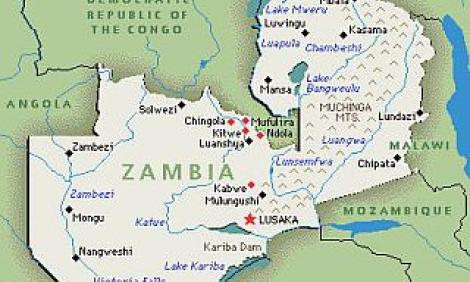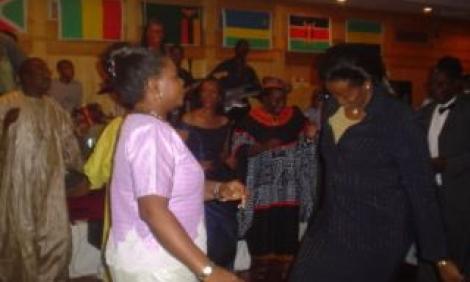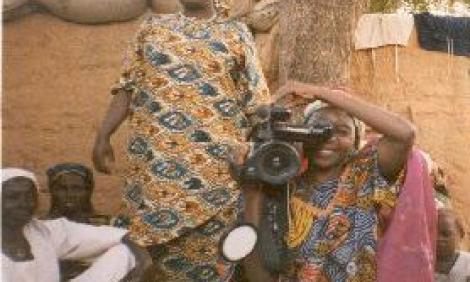In depth
ICT gender issues past, present and future
As women living in Africa we have many things to confront: the process of African enlargement and our participation in the globalised world, the decline of national states, the dominance of market and consumerism, growing poverty, social and political inequalities or insecurities within Africa and outside in the face of neo-conservatism and dominance of the United States.
In depth
Gender, Trade and the role of ICTs in economic growth
While trade offers opportunities for women's socio-economic empowerment and growth in Africa, it can perpetuate women's marginalisation and gender inequalities, which in turn hamper growth and development, the ultimate goal of trade.
In depth
Funding ICTs: where will the money come from?
The Digital Solidarity Fund (DSF) was proposed by Senegal's President Abdoulaye Wade at Phase I of the World Summit on Information Society (WSIS) Summit. It was inaugurated by the Nigerian President Olusegun Odasanjo in March 2005, in Geneva. This fund is seen a voluntary and complementary financing mechanism to supplement existing financial mechanism. It is registered in Switzerland.
In depth
ICT gender issues past, present and future
As women living in Africa we have many things to confront: the process of African enlargement and our participation in the globalised world, the decline of national states, the dominance of market and consumerism, growing poverty, social and political inequalities or insecurities within Africa and outside in the face of neo-conservatism and dominance of the United States.
In depth
Africa Grassroot Caucus prioritise the WSIS and MDGs as part of development
Africa Grassroots Caucus has prioritised the World Summit on Information Society (WSIS) and the Millennium Development Goals (MDGs) as part of development. This was the outcome of the second Grassroots Caucus Regional Consultation that took place in Lusaka, Zambia on 26-28 July 2005. The participants from Kenya, Uganda, Zimbabwe, Zambia, Congo Brazzaville and the Democratic Republic of Congo…
In depth
Gender an issue in ICT policy formulation: lessons from Zambia
Zambia, like many other African countries, has recognized information, knowledge and technology as major drivers of social and economic development. Zambia made a decision to adopt information and communication technologies (ICT) as part of national development, expecting to narrow the digital divide and leap-frog the development process. While the government is committed to pursue appropriate…
In depth
OAFLA to use ICTs for social justice
The Organisation of African First Ladies against AIDS (OAFLA) seeks to place women’s health issues on national and regional development agendas. They have embraced ICTs as a tool to advocate for social justice especially in the fight against HIV/AIDS.
In depth
ICTs break Sharia compliances in Africa
Information communication technologies (ICTs) have broken sharia compliances as the women farmers in Nigeria learned how to make their own video films and also take still pictures. However african women continue to face tough challenges in their battle to get their voices and concerns heard in development matters, as revealed a case study of women farmers of Kano in Nigeria presented by Salamatu…
In depth
Tele-Health set to boost maternal care
Delivering care to pregnant women and newborns in Lusaka is on the verge of becoming easier and more efficient, thanks to the advent of Tele-health — which is simply the use of information technology to deliver health services and information from one location to another.
Feminist talk
Women in Black
When we went for dinner at the Settlers Monument on September 12, i was surprised to see the "Women in Black". Having been associatd with the women's movement in Africa, i thought these were the same people. But no! These were young women who were going to serve us food.









